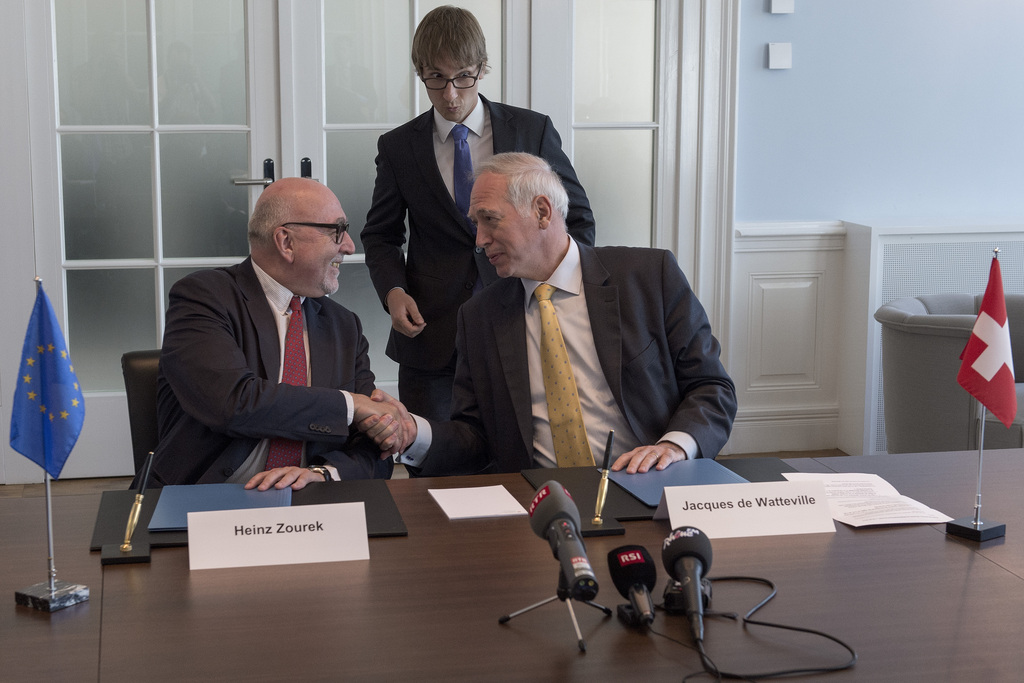Sweeping corporate tax reforms approved

Foreign companies in Switzerland are moving closer to a new tax regime as parliament approved a new set of rules to replace preferential policies that have been outlawed by the European Union.
On Tuesday, the House of Representatives voted in favour of the corporate tax reform III package, following approval from Senate late last year. But the reforms will cost an estimated CHF2 billion ($2 billion) in revenues, according to some estimates, and will likely be challenged by a people’s initiative from leftwing parties.
If the reforms manage to clear this potential hurdle, they would be in force in full by 2019 at the earliest.
The reforms were driven by opposition to existing Swiss corporate tax practices from both the EU and the Organisation for Economic Cooperation and Development (OECD). Both bodies ruled the granting of cantonal tax relief on the overseas earnings of Swiss domiciled foreign companies as anti-competitive and a distortion of free trade.
If implemented, the new regime will scrap the special tax status of foreign holding, mixed and auxiliary companies. In an effort to retain Switzerland’s attractiveness as a destination for overseas corporate headquarters, a number of other tax measures will be introduced.
These include a lower cantonal levy of up to ten years on the hidden reserves of foreign companies domiciled in Switzerland, tax breaks for research and development (the so-called licence box) and a reduction in the general rate of cantonal corporate tax for all firms – domestic and foreign.
Heated debate
The political debate has been fierce and split down party lines. Rightwing and centre-right parties have argued for more relief on dividend tax while their leftwing counterparts have railed against the generosity of the new regime for companies. The biggest debate still remaining centres on who should foot the bill for lost tax revenues.
Foreign companies that benefit from the current tax system contribute more than CHF5 billion to the state coffers – including almost half of all federal corporate tax revenues. The new proposed regime will bring in less revenue, leaving a hole in finances of up to CHF2 billion.
The government plans to increase the amount of federal tax revenues it redistributes to the cantons to help them cover losses. But neither political parties nor the two chambers of parliament can as yet agree on how large that subsidy should be.
The leftwing Social Democrats argue that the increased federal subsidy to cantons should not exceed CHF500 million, but the bill may add up to as much as CHF1.2 billion. Swiss citizens may well end up deciding on this contentious point in the shape of a potential people’s initiative.
Up to 4,000 foreign companies currently enjoy privileged tax status in Switzerland, mostly domiciled in the French-speaking cantons of Geneva, Vaud and Valais. Other cantonal hot spots for overseas corporates are the cantons of Zug, Schwyz and Obwalden.

In compliance with the JTI standards
More: SWI swissinfo.ch certified by the Journalism Trust Initiative










You can find an overview of ongoing debates with our journalists here . Please join us!
If you want to start a conversation about a topic raised in this article or want to report factual errors, email us at english@swissinfo.ch.